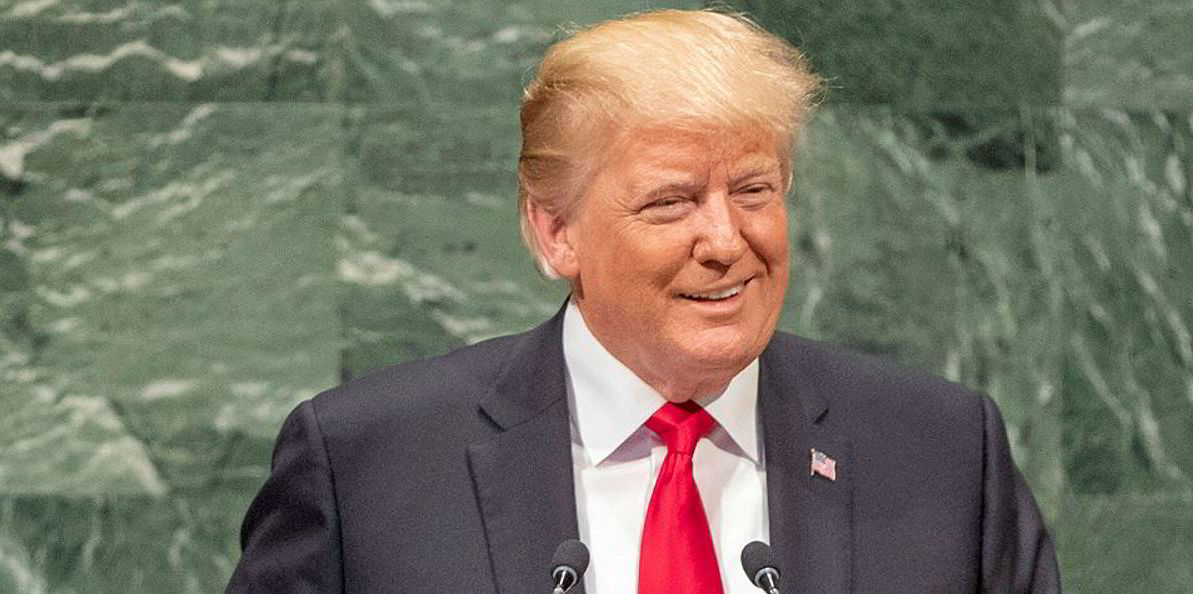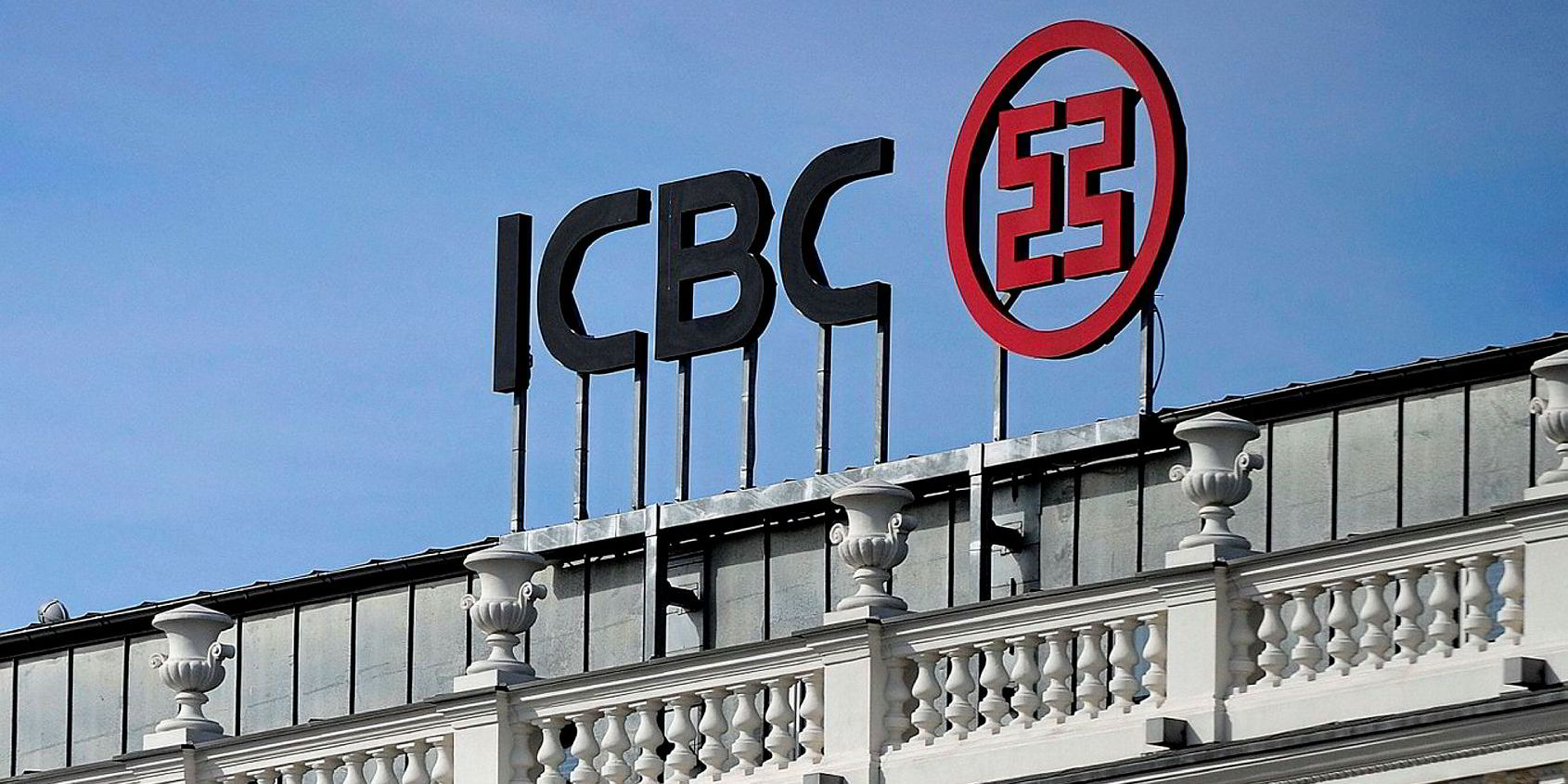ICBC Leasing is working to extricate a bulker from detention in Iran ahead of the reintroduction of stricter US trading sanctions on Monday.
The supramax has a troubled financial history, coming into the fleet of the Beijing-based financial giant through repossession.
But now it threatens to become a compliance liability for its Chinese owner and its parent bank, Industrial and Commercial Bank of China (ICBC).
The 53,200-dwt Everwin (built 2012), which shipping databases show now trades in the fleet of Chinese-Polish joint venture Shanghai CP International Ship Management, is believed to be stuck at the Iranian port of Assaluyeh partly as a result of a port-state-control detention.
AIS data shows it has been at berth in the port for at least 12 months.
Court judgment
TradeWinds reported in September that ICBC Leasing won a $17m Hong Kong judgment against shipowner Ma Buzheng and his companies over debt still owed after the 2014 repossession.
Financial sources said a team of ICBC officials was sent to Iran last week to try to reach a final resolution of the undisclosed issues preventing the supramax’s departure and get it out of port before 5 November, when stricter US sanctions will be reimposed on many types of trade with Iran.

Shipping lawyers told TradeWinds it is unclear what sanctions exposure ICBC Leasing might incur by having a vessel stuck in an Iranian port when the restrictions begin.
But as a company that owns ships and that is also controlled by a huge bank with global operations, ICBC Leasing is doubly vulnerable under US sanctions, and the shipping division’s problems would be greatly magnified if they are passed on to the parent bank, the legal experts said.
In May, President Donald Trump announced that after a 180-day wind-down period, the US would end its cooperation with Iran over nuclear proliferation issues.
The effect of that is to reimpose the Iran Freedom and Counter-Proliferation Act of 2012, a law that contains broad sanctions aimed at Iran’s energy, shipping and shipbuilding sectors, including port operators.
The law also targets any bank that facilitates “significant financial transactions” on behalf of so-called specially designated nationals of Iran.
Merely calling at an Iranian port is no violation of United Nations, US or European Union sanctions.
But one lawyer said that even under the current milder regime, he has been warning international shipowners not to call into Iran even if their proposed business there is innocent, for fear of being placed on a US blacklist.
“On the one hand, you could get in trouble with your charterer for not complying with orders to proceed to an Iranian port,” he said. “But just by having called in Iran, your vessel may become less marketable.”
ICBC Leasing officials declined to comment on any aspect of the situation.





